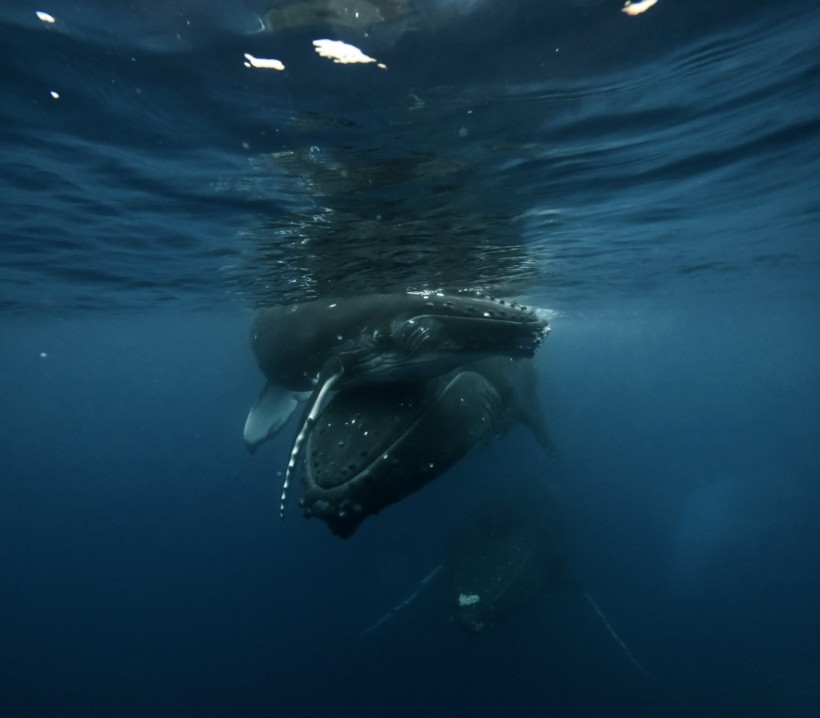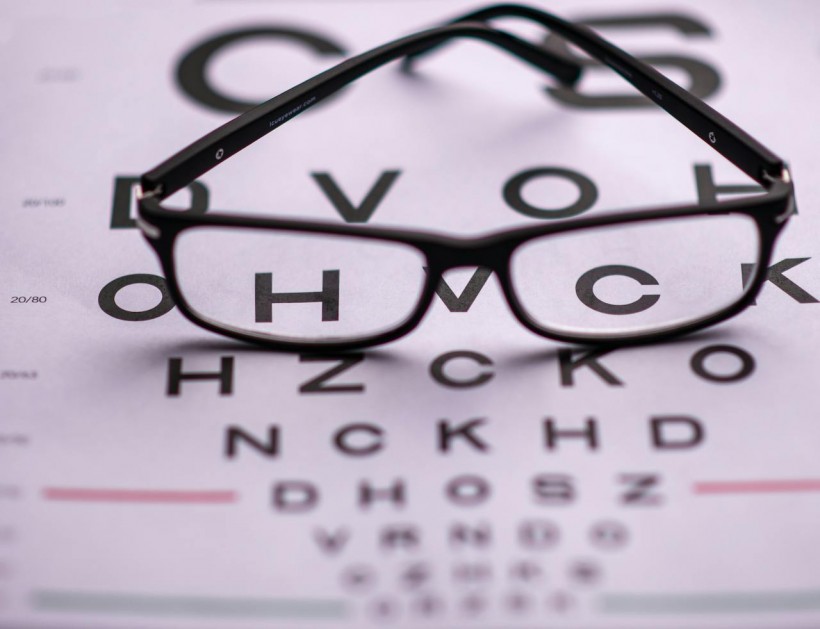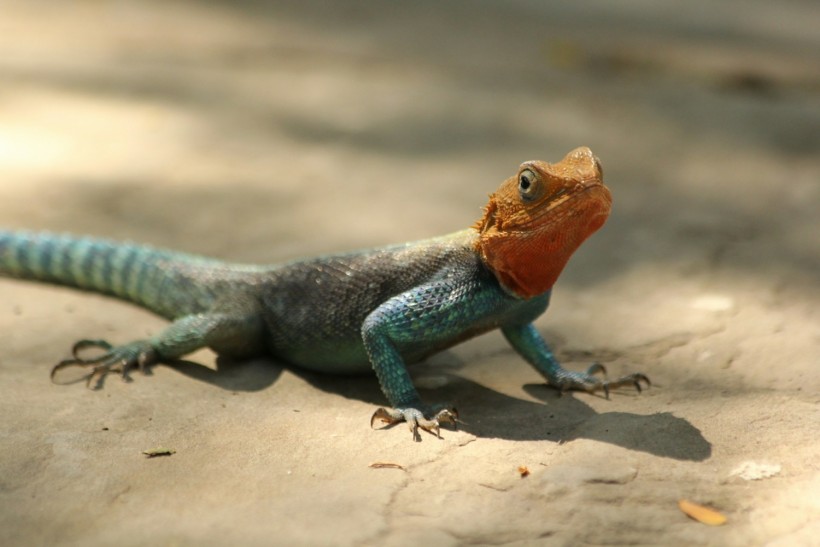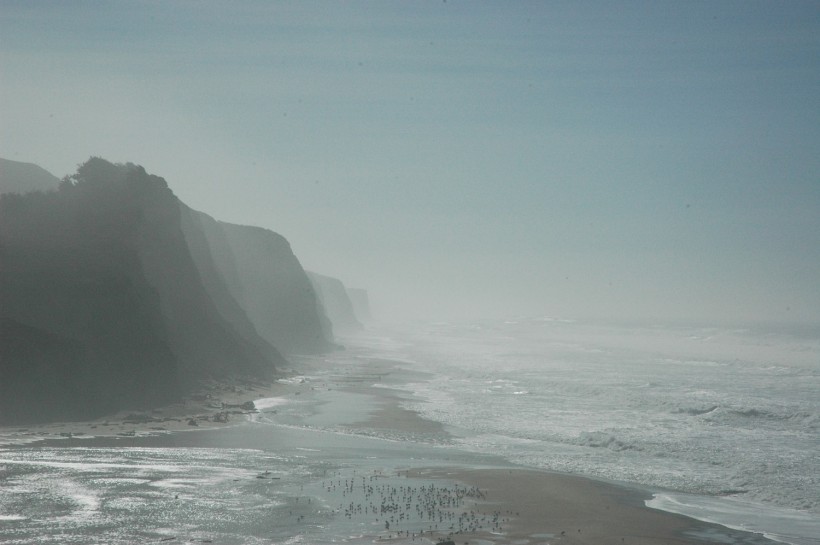[ad_1]
Right whale calves have been observed engaging in the behavior called “allosuckle” which means they steal milk from whales that are not their own mothers, according to a new study led by researchers from the University of Western Australia. The study is reportedly based on southern right whale calves across the southern hemisphere migrating between feeding grounds between seasons.
While it is evident that allosuckling provides a calf with extra milk and nourishment compared with only relying on its mother, it also impacts the latter’s own offspring which can be deprived of the limited mammalian substance. Based on research, breast milk from mammal mothers is an essential source of nutrients and sustenance for babies or calves across the class Mammalia.
The mammal milk-stealing behavior has also been recorded in other marine and land mammals, including seals, deer, reindeers, and giraffes. However, there is no previous quantifiable data about this bizarre behavior in large whales, according to the new research paper by the University of Western Australia.
Right Whale Calves Steal Milk
![Right Whale Calves Engage in 'Allosuckle' Behavior to Steal Milk from Other Whale Mothers [Study] Right Whale Calves Engage in 'Allosuckle' Behavior to Steal Milk from Other Whale Mothers [Study]](https://1471793142.rsc.cdn77.org/data/images/full/69149/right-whale-calves-engage-in-allosuckle-behavior-to-steal-milk-from-other-whale-mothers-study.jpg?w=820)
The study entitled ‘Allosuckling in southern right whale calves‘ was published in the journal Mammalian Biology on January 18, where University of Western Australia researchers confirmed the behavior of suckling of milk from a non-biological mother. Although this occurs in some species of mammals, it has not yet been quantified in baleen whale calves before.
Due to this lack of data, the Australian university’s research team examined allosuckling among the species southern right whales (Eubalaena australis), which has been listed as an ‘Endangered Species’ under the Australian Environment Protection and Biodiversity Conservation Act. This designation is due to the relative low numbers of the E. australis from its estimated historical abundance.
As of September 2023, scientists estimate that there are around 5,000 southern right whales remaining in the world, according to Australia Government’s NSW Environment and Heritage.
Also Read: Dolphin Mothers Pass On Harmful Pollutants to Their Calves Through Milk, Study Shows
Right Whale Allosuckling Behavior
To quantify the breast milk-suckling southern whale calves, authors of the 2024 study conducted unmanned aerial vehicle that follows mother-calf pairs and video recorded all interactions among pairs. During these interactions, allosuckling occurred in seven interactions, while filial nursing transpired in 11 interactions.
The selected samples taken in a small area in the waters of Australia do not represent the whole narrative of allosuckling among the southern right whales across the southern hemisphere. However, the researchers emphasize that at least it is “important to understand the frequency of allosuckling.” This perspective is also based on the premise that whale mothers also take time to replenish their milk and energy.
Right whales are also found in the northern hemisphere, whose members are called the North Atlantic right whale. These northern whales are also a critically endangered species that can be found off the Atlantic coast of Canada and the United States, according to the National Ocean Service of the National Oceanic and Atmospheric Administration (NOAA).
Related Article: Humans Need ‘Stronger’ Breast-Milk Than Most Mammals
© 2024 NatureWorldNews.com All rights reserved. Do not reproduce without permission.
[ad_2]




